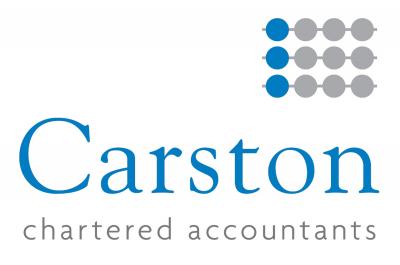You may think of an audit as daunting, but it doesn’t have to be. In fact, it’s a great way to spot weaknesses and opportunities in your business and take steps to address them.
Here’s why you should consider a voluntary audit, and how you can make the most of the information you gather.
What is an audit?
An audit is an official inspection of a company’s finances performed by an accredited third party like a firm of independent accountants.
An auditor will take a detailed look at your financial statements to make sure they accurately reflect your financial position. They’ll also check that your bookkeeping meets the legal standards for company accounting.
Once the audit is complete, the auditor will summarise the findings in a report. This will flag any weaknesses in your accounting practices and any compliance issues that need resolving.
When is an audit required?
An audit is simply a routine measure for companies of a certain size. A growing business is required to have an audit once it passes any two of the following thresholds:
- total assets of more than £5.1 million
- an annual turnover of more than £10.2 million
- more than 50 employees.
Some companies are required to have regular audits even if they don’t meet these criteria. These include public companies, subsidiary companies and companies working in banking or insurance.
You must also carry out an audit if shareholders owning at least 10% of your company ask you to, or where the articles of association legally require an audit.
Other organisations, such as charities, must also have an independent audit when certain thresholds are met.
Can I carry out a voluntary audit?
If you run a smaller business, it is unlikely that an audit will be compulsory. However, there’s nothing to stop you from carrying out a voluntary audit. This can be especially useful in the following situations:
- your business is growing rapidly
- you have recently expanded your business into a new market
- you are losing money and you’re not sure why
- you are planning to sell your business.
Even if none of these apply, there are many benefits to a voluntary audit:
- It increases the credibility of your business. Shareholders will be reassured that company finances are in order, and potential investors will see you as less of a risk.
- It provides financial transparency, showing your customers and suppliers that you have nothing to hide.
- It can help you to secure a business loan. Many loan providers require an audit before lending.
- An auditor can spot weaknesses in your business model that you may have missed. Dealing with these is likely to increase profitability.
- An auditor can help you to avoid fines by flagging instances of non-compliance at an early stage. They will also be aware of upcoming changes to the law, giving you a chance to prepare.
- You can make informed decisions about the future of your business based on the recommendations in the auditor’s report.
Whatever your business, an audit is a great way to set yourself up for success. Our audit experts are fully trained and accredited and have years of experience with auditing companies of all kinds.
Get in touch today to find out more.

